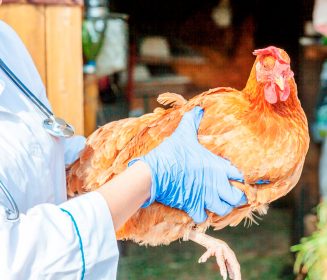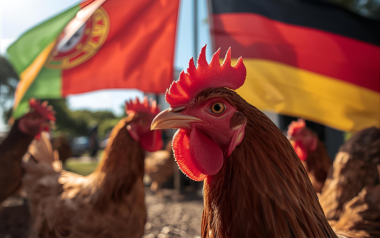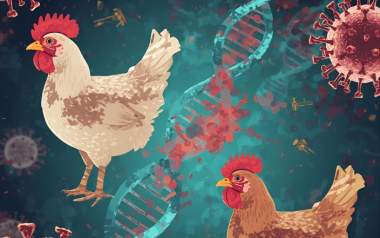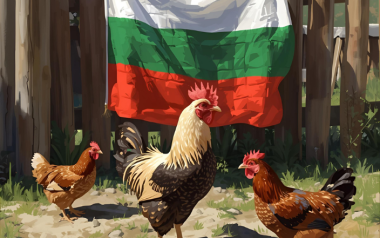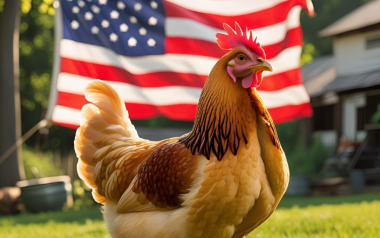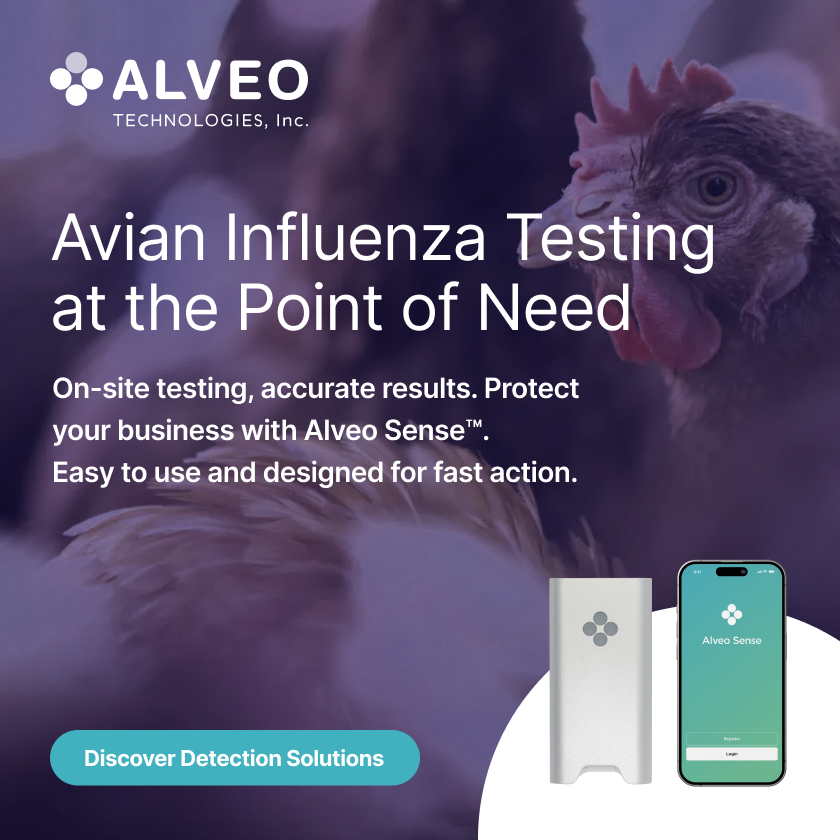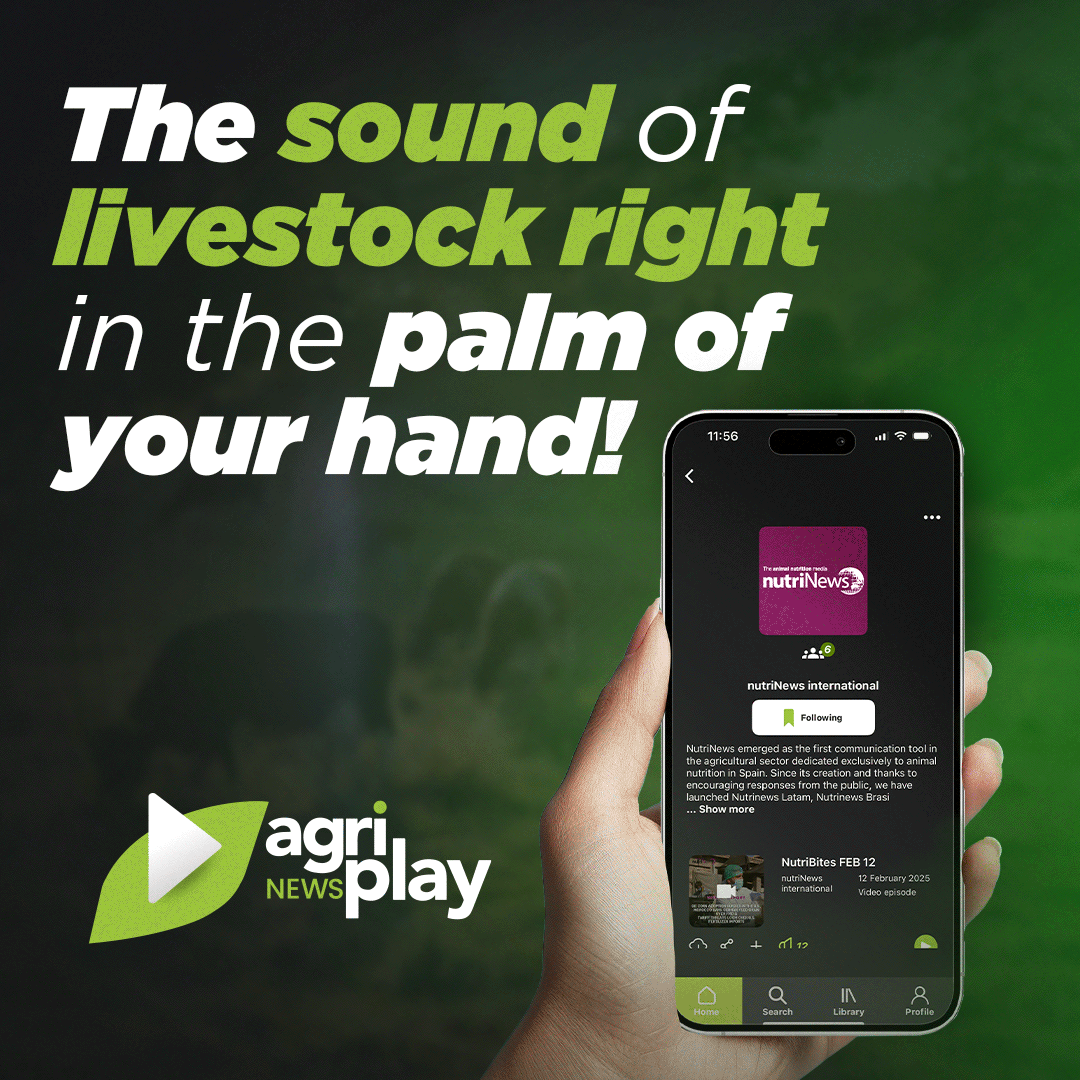What are the most common factors the affecting GIT?
08 Feb 2021
Common factors affecting intestinal health on poultry
Dysbacteriosis and enteropathogens are the most common issues reported by veterinarians and technicians in poultry productions. These problems are the result of a reduction in the usage of growth promoting antibiotics (GPA), and consequently, an increased susceptibility of birds to present gastrointestinal tract (GIT) alterations.
Dysbacteriosis and enteropathogens are the most common issues reported by veterinarians and technicians in poultry productions. These problems are the result of a reduction in the usage of growth promoting antibiotics (GPA), and consequently, an increased susceptibility of birds to present gastrointestinal tract (GIT) alterations. Over the past decades, GPA were efficient in controlling GIT disbalances. However, the market pressure to reduce the antibiotics in animals feed and the intensification of restrictions due to antibiotic resistance concerns, has forced many producers and integrators to implement antibiotic-free production systems.
These changes in poultry productions make it necessary to strengthen plans for environmental control, biosecurity, feed quality and management in order to reduce the incidence of intestinal problems. Nowadays, the addition of feed additives in the diets has become more frequent, as an aid to neutralize harmful agents that might be present in the feed.
- Mycotoxins: High levels of mycotoxins in feed or feed ingredients are responsible for several effects in birds’ health. Decreased nutrient absorption, loss of the barrier function, and liver compromise are some problems reported. Although some mycotoxins may not produce an intestinal health problem at certain levels, they can predispose animals to get one. The addition of mycotoxin binders could help prevent these problems.
- Rancid fats: These ingredients are often detected at receiving in the feed mill, however, improper fat storage and transportation conditions within the feed mill may result in high peroxide values. Some authors indicate that peroxide values greater than 74 lead to enteric diseases and poor feed conversion ratio. Feed antioxidants have demonstrated to reduce the effects of rancid fats.
- Antitrypsin factors: High trypsin inhibitor concentrations have been detected on undercooked soybean meal. This factor is correlated with rapid feed passage and dysbacteriosis in broilers.
- Corn processing factors: Drying temperature, particle size, storage conditions have proved to alter starch content and nutrient availability of corn. Also, these factors can affect the feeding behavior, and increase/decrease susceptibility of poultry to intestinal health problems.
- Water pH: Basic water due to carbonates and salts may interfere with intestinal enzyme activity, and promote biofilm formation and endotoxin production. Slightly acidic water pH should be maintained to avoid these problems. Chlorides and peroxides are some recommended products to treat water.
- Water deprivation and feed withdrawal: It is known that these factors modify gut physiology, digestion, live performance and produce intestinal problems. Feed withdrawal can generate gut irritation and inflammation because of an excess of mucin which is used by bacteria. Changes in the normal properties and structure of the mucous layer in birds, may facilitate the adherence of pathogens such as coccidia.
Related to Animal Health & Pathology
MAGAZINE AVINEWS INTERNATIONAL
Subscribe now to the poultry technical magazine
AUTHORS
EDITION AviNews International June 2025

Layer Longevity Starts at Rearing
H&N Technical Team
The Strategy for a Proper Infectious Bronchitis Control
Ceva Technical Team
Elevate Hatchery Performance with Petersime’s New Data-Driven Incubation Support Service
Petersime Technical Team
Maize and Soybean Meal Demand and Supply Situation in Indian Poultry Industry
Ricky Thaper
Production of Formed Injected Smoked Chicken Ham
Leonardo Ortiz Escoto
Antimicrobial Resistance in the Poultry Food Chain and Novel Strategies of Bacterial Control
Edgar O. Oviedo-Rondón
GREG TYLER INTERVIEW
Greg Tyler
Insights from the Inaugural US-RSPE Framework Report
Elena Myhre
Newcastle Disease: Knowing the Virus Better to Make the Best Control Decisions. Part II
Eliana Icochea D’Arrigo
Avian Pathogenic E. coli (APEC): Serotypes and Virulence
Cecilia Rosario Cortés
The Importance of Staff Training on Animal Welfare Issues in Poultry Industry
M. Verónica Jiménez Grez
Rodent Control is a Key Factor in Poultry Biosecurity and Sustainability
Edgar O. Oviedo-Rondón


